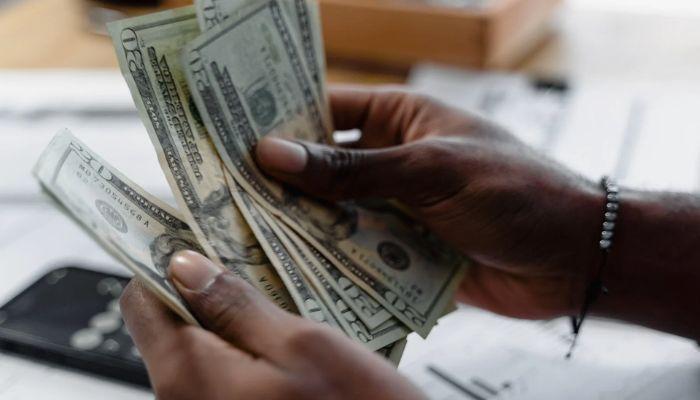Business
CBN lists international students, importers, others as beneficiaries of $10bn forex clearance

In the next two weeks, the Central Bank of Nigeria (CBN) intends to inject $10 billion into the foreign exchange market to clear the forex backlog as scarcity persists.
This is according to the Acting Governor of the CBN, Folashodun Shonubi, who said the financial regulator will work with Nigerian deposit money banks (DMBs) to disburse the forex.
He made this known on Tuesday in Lagos, where he said the banks will be vital in clearing the backlogs, considering the DMBs control 75 per cent of forex transactions.
The backlogs pertain to different structures within the foreign exchange market, as requests for forex cut across businesses and education and personal needs.
Breaking down the applications that will be sorted after being stalled for years due to a drop in Foreign Direct Investments (FDIs), Foreign Portfolio Investments (FPIs) inflows and international reserves, the apex bank chief mentioned manufacturers and importers of raw material inputs.
Other applicants listed are requests for dollars to pay international school fees, and medical bills abroad, as well as Business Travel Allowances (BTAs) and Personal Travel Allowances (PTAs).
Explaining the situation around the forex backlog, Shonubi said: “As matter of fact, there is a large amount of the obligations that the banks in Nigeria have already taken on. So, what happened was that at maturity, they actually make the foreign exchange available for those who needed to use them like importers and what have you.
“There are some customers who still have their obligations and part of the restructuring with the banks in Nigeria, is also to clear that backlog. That is something we have been discussing for a while. I expect that we will do that, within the next one or two weeks.
“What that means, therefore, is that this obligation that people keep on talking about will not be left. Today, we still intervene in the market, so it is not as if it has affected our ability to make monies available to banks in the Investors and Exporters foreign exchange market.
“When we look at the volumes, the Central Bank of Nigeria today contributes less than 25 per cent into the forex market. And the aim if you remember about a year and a half ago, was that the Central Bank did not want to be a regular player, but more of intervening to stabilise the rates and that is where we are going.
“There are so much more foreign exchange that people don’t talk about, that is being made available through the banking system and banks are selling to their customers. It doesn’t come to the Central Bank, it doesn’t appear as part of the demand that comes to us. And it is significant. It is almost three times what we as a Central Bank make available.”
Join the conversation
Support Ripples Nigeria, hold up solutions journalism
Balanced, fearless journalism driven by data comes at huge financial costs.
As a media platform, we hold leadership accountable and will not trade the right to press freedom and free speech for a piece of cake.
If you like what we do, and are ready to uphold solutions journalism, kindly donate to the Ripples Nigeria cause.
Your support would help to ensure that citizens and institutions continue to have free access to credible and reliable information for societal development.






















